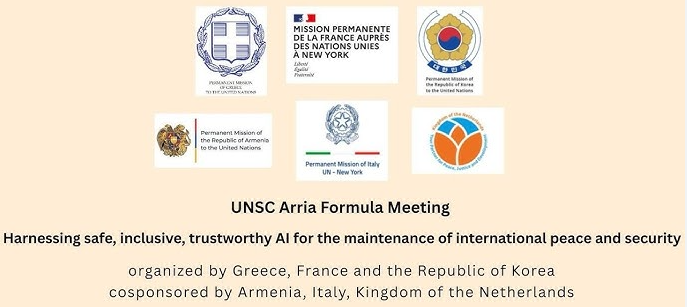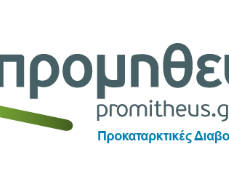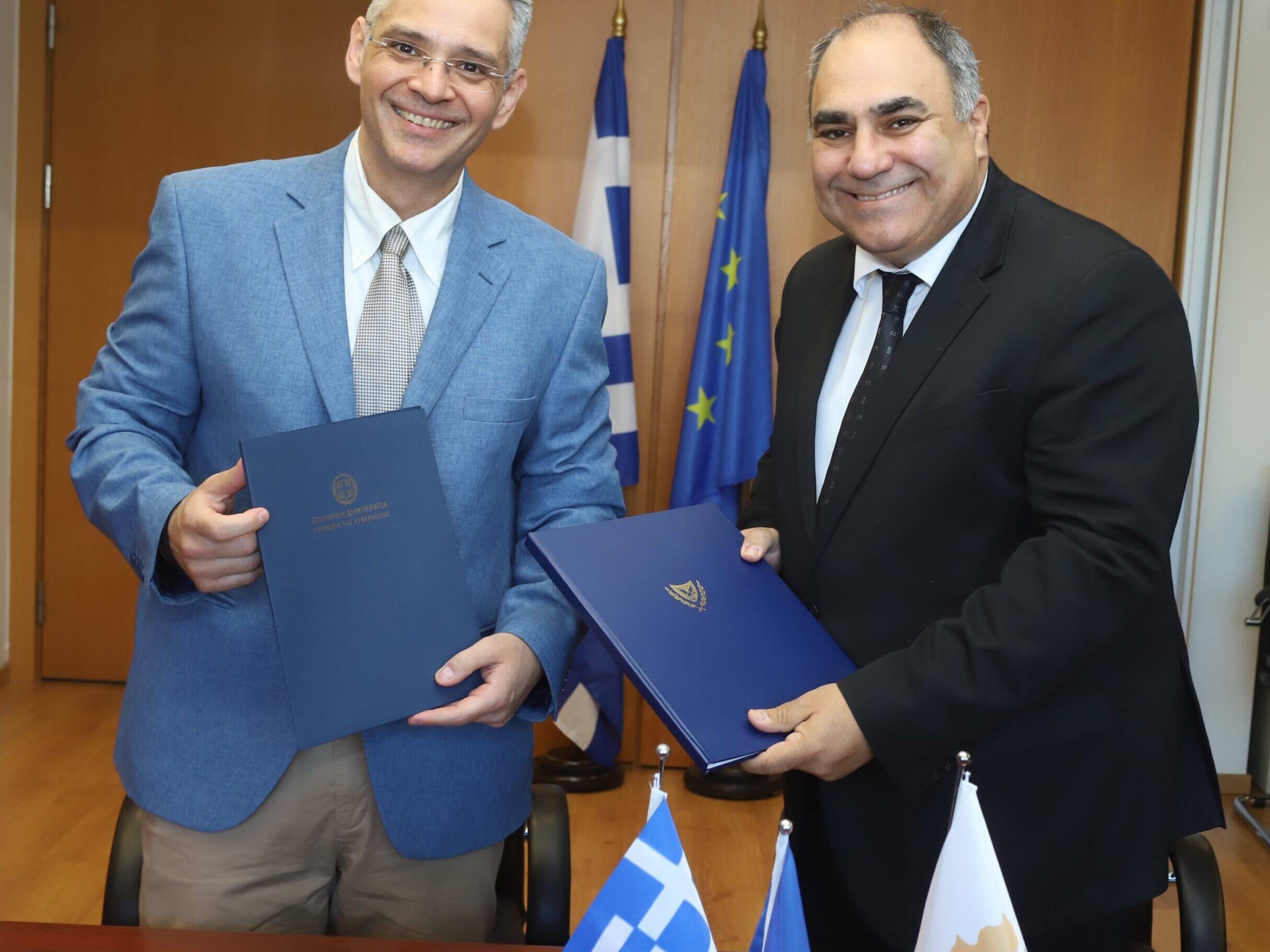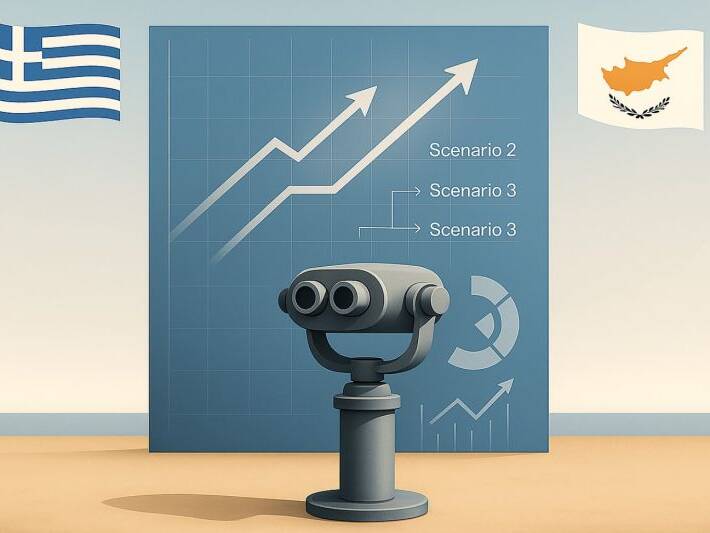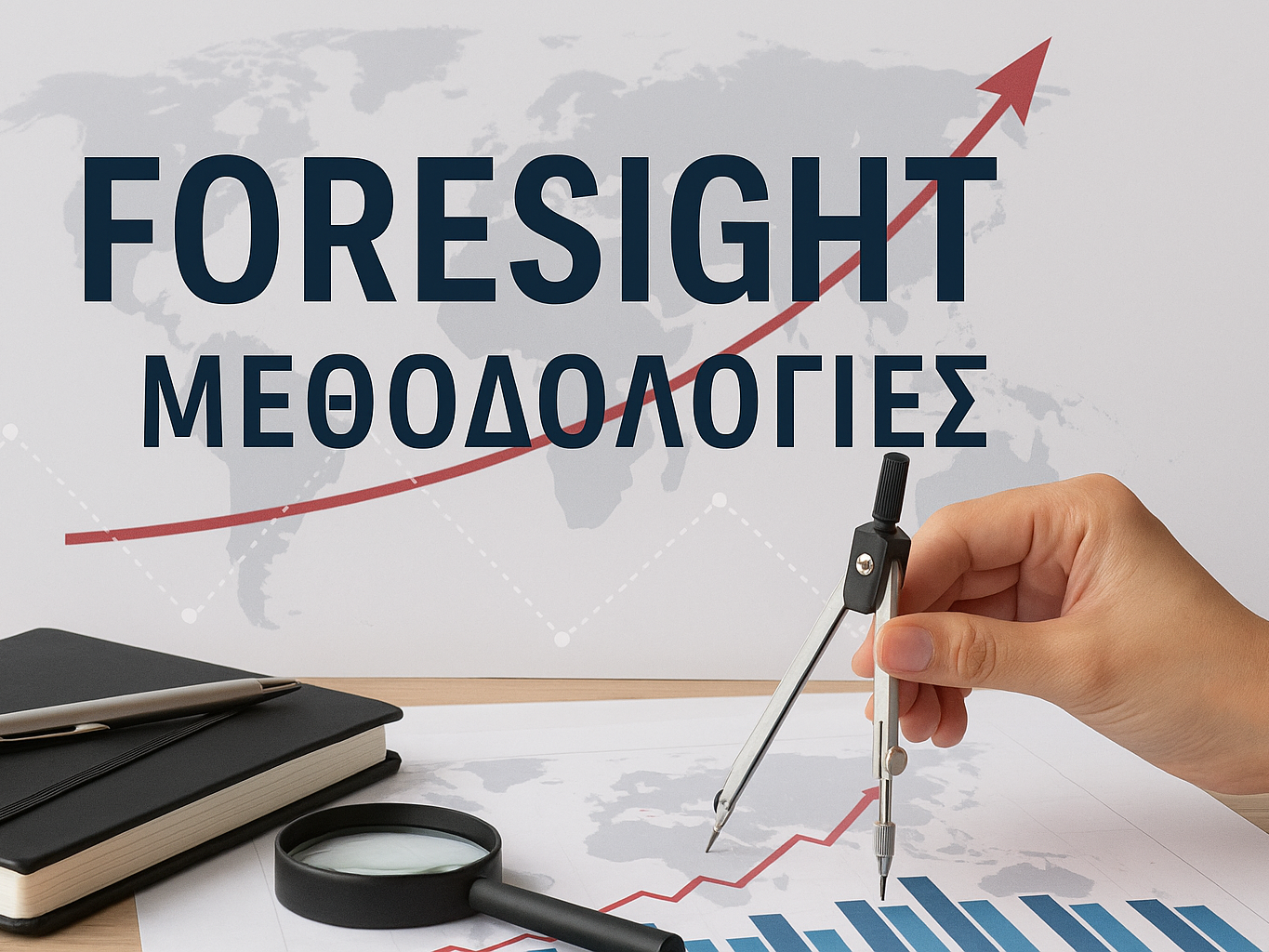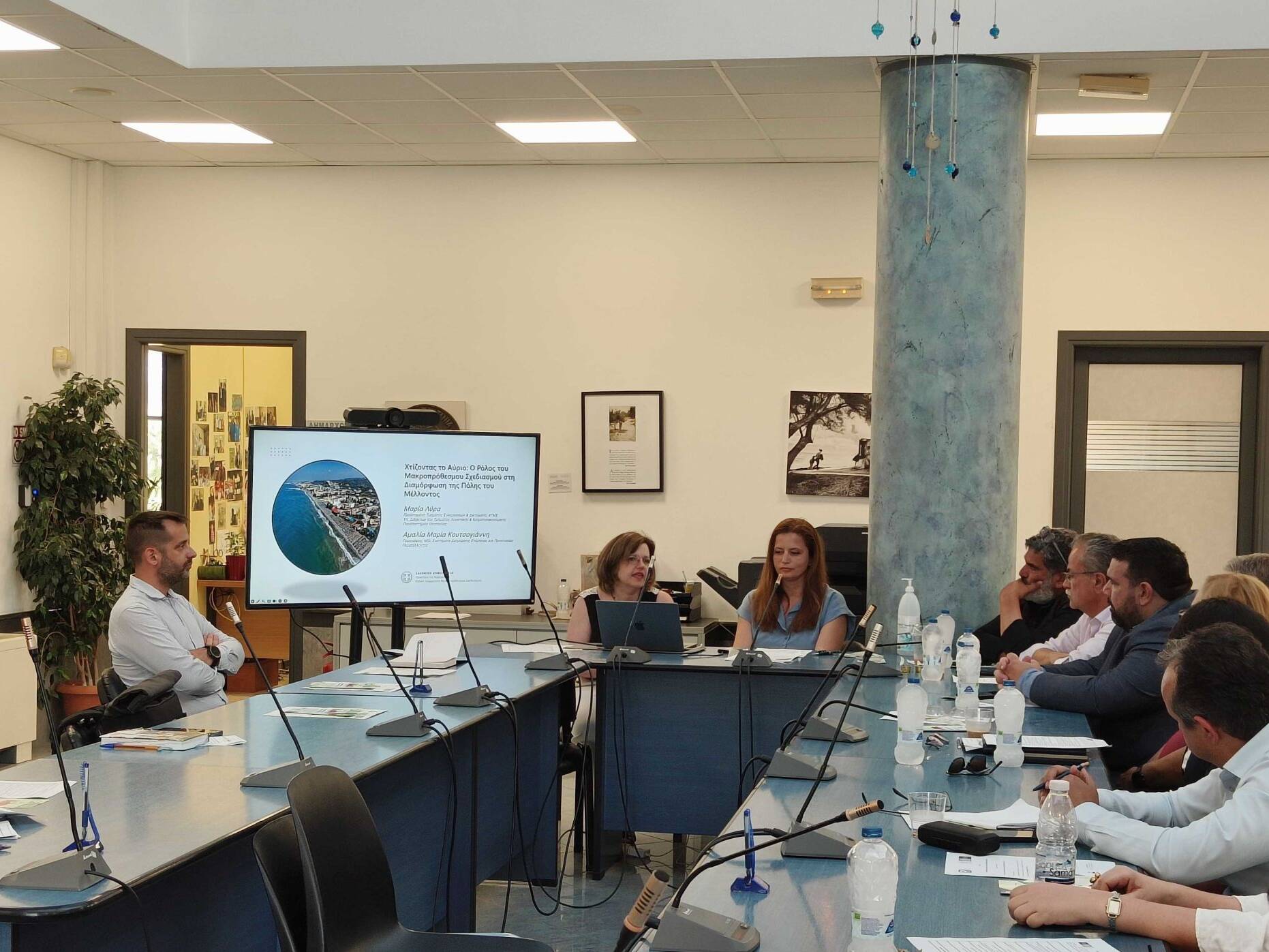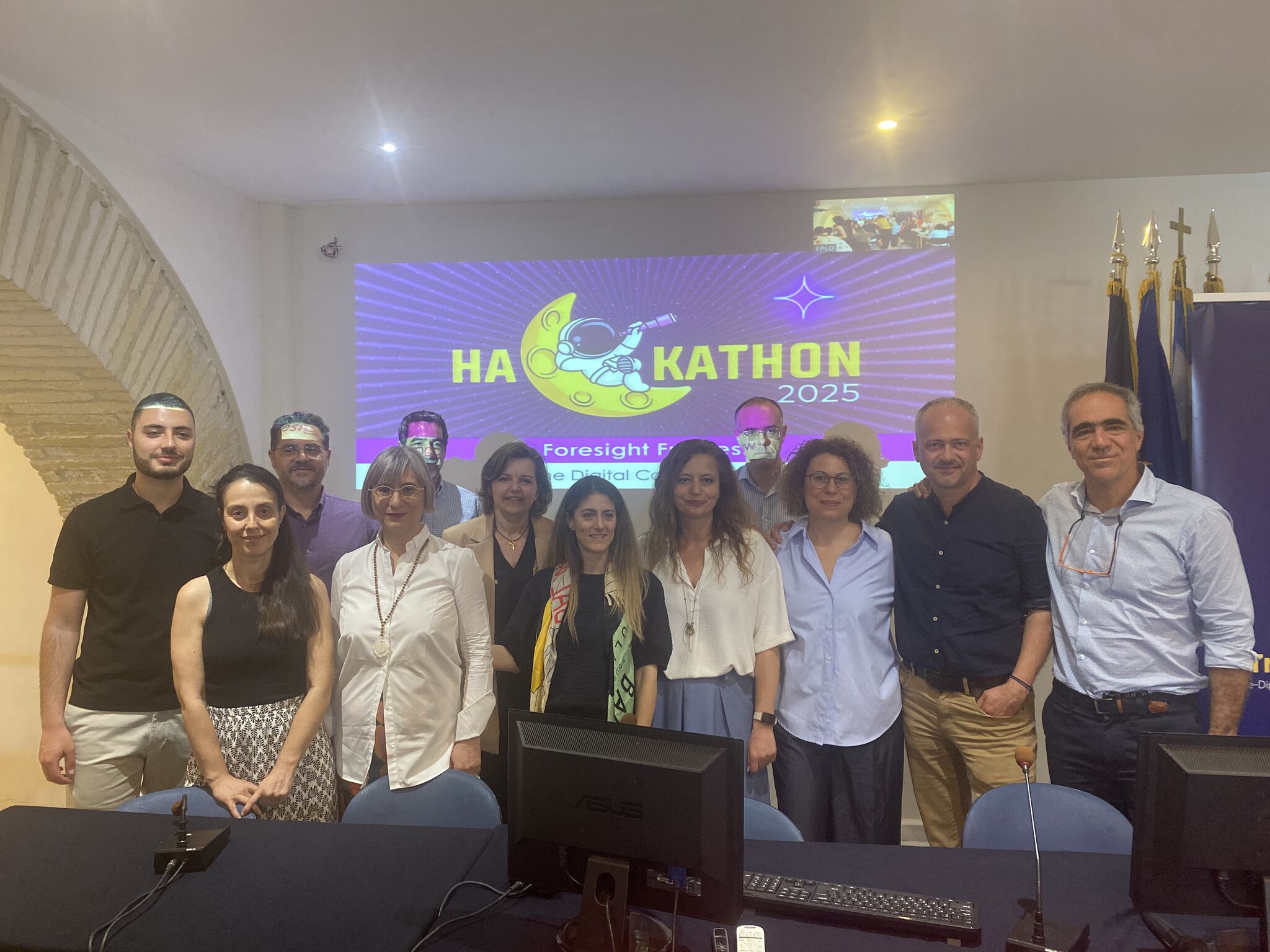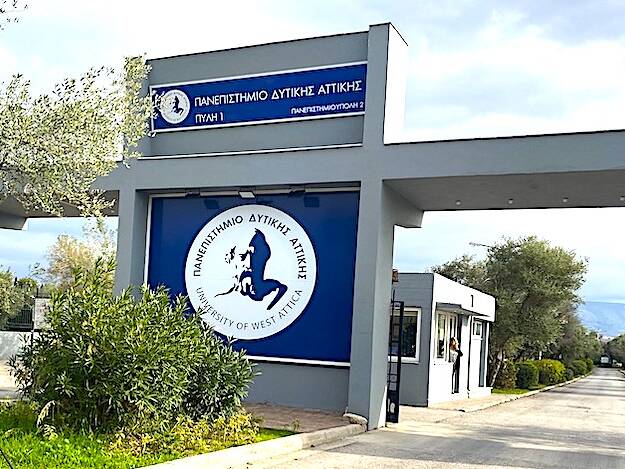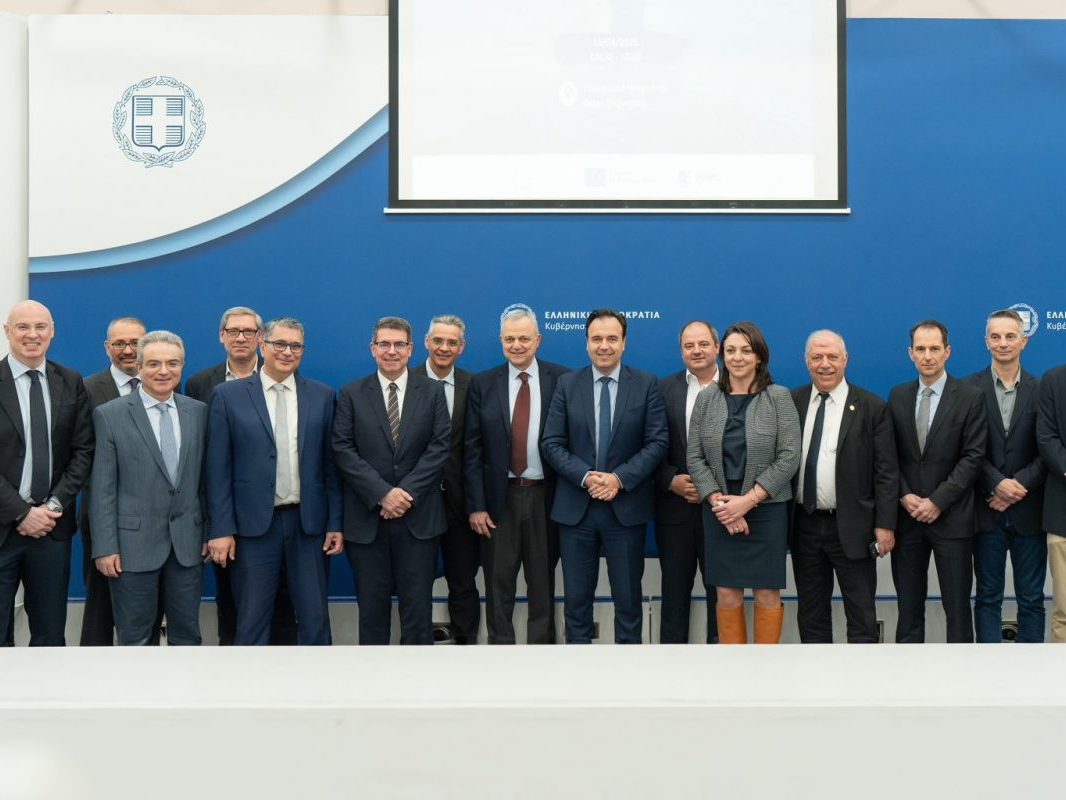- As Greece assumes its non-permanent seat on the UN Security Council, we recognize the United Nations as the critical forum for steering the global trajectory of AI. The UN’s unique ability to convene diverse nations, mediate dialogue and build consensus positions it to lead the development of universally accepted standards, frameworks and ethical guidelines. This role is essential because the impact of AI transcends national boundaries and requires comprehensive, collaborative and inclusive governance.
Significantly, our country’s term follows the recent adoption of the Global Digital Compact (GDC), which strengthens multilateral cooperation on emerging technologies and enhances the governance of AI for the benefit of humanity through international cooperation. - Artificial intelligence stands at a transformative crossroads, with unprecedented potential to reshape the fabric of global society. Rapidly advancing and becoming increasingly autonomous, this technology is already influencing the economy, security and the very structure of human interaction. AI has the capacity to elevate humanity, addressing urgent global issues like climate change, disease eradication and poverty alleviation. Yet it also poses profound threats—deepening inequalities, enabling mass surveillance, disrupting labour markets and even potentially reshaping warfare. Such profound implications demand collective stewardship, a mission the UN is uniquely qualified to undertake.
- Greece is committed to advancing a human-centric AI agenda, emphasizing transparency, ethical use and accountability to ensure these powerful technologies enhance rather than diminish human rights and democratic principles. Our national AI strategy reflects these values, ensuring technological innovation remains anchored in humanity’s welfare. In this light, it contributes to international peace and security through the strengthening of the rule of law, democratic values, social cohesion and economic development.
- Our “Blueprint for Greece’s AI Transformation” provides guiding principles and flagship projects for advancing the progress of AI in Greece, with priorities including safeguarding and strengthening democracy, environmental sustainability and shielding the economy and society from the risks of unregulated use.
- The Special Secretariat for Foresight of the Presidency of the Government, which I head, had the honor of coordinating the drafting of the above-mentioned “Blueprint” as a multi-dimensional and collaborative methodology was applied to this result.
- Therefore, Greece proposes enhancing global collaboration within the UN framework through dedicated initiatives such as international AI safety and ethics research hubs, the establishment of an international AI observatory to monitor risks and advancements and creating specialized forums for ongoing dialogues between AI leaders, policymakers, civil society and industry stakeholders.
- Greece also participates in key initiatives for the regulation of AI, such as the recent Paris AI Action Summit, the Global Partnership for Artificial Intelligence (GPAI) and the chairing of the OECD Global Strategy Summit (Oct. 2024) on “The Future of Global AI Governance”.
- In the same context, Greece participates in the Committee on Artificial Intelligence of the Council of Europe and the drafting and negotiation of the Framework Convention on AI and Human Rights, Democracy and the Rule of Law. Additionally, participates as a rapporteur in the Drafting Group of the Handbook on AI and Human Rights, set up by the Steering Committee on Human Rights of the Council of Europe.
- Greek government along with Oxford University’s Institute for Ethics in AI, Stanford University, Harvard University and other partners, launched “The Lyceum Project” in Athens. A series of events explores Aristotelian ethics in AI, emphasizing human flourishing, virtue ethics and reason in AI regulation.
- In practical recognition of Greece’s leading role in the development of AI, it is noteworthy that Greece has been selected as one of the 7 EU countries that have been entrusted with the creation of AI factories that will boost innovation in the EU and harness the capacity of supercomputers to develop reliable AI models and link excellence and talent with economic growth and social cohesion.
- As we are now well aware, AI is not just a technological development. It is a profound social change that affects the way we work, communicate, educate and raise our children. From this very same stage of UN, our Prime-Minister has also expressed the necessity of measures to protect minors from all kinds of dangers of the digital world, addictive algorithms and manipulation mechanisms.
- AI has the power to change the world, but in the absence of common governance frameworks, it can deepen social divides, increase discrimination and threaten peace and security. Greece supports a global approach that ensures transparency and human oversight in the operation of algorithms, addressing the biases that are critical across the full range of AI applications, from lethal autonomous weapons systems to automated decision making. Additionally, Greece advocates for incorporating AI governance into the global agenda of peace and security discussions. Issues such as autonomous weapon systems, AI-enabled misinformation and digital authoritarianism require proactive engagement at the highest international level to prevent escalation into global security crises.
- In a world where technology is moving faster than regulation, we must keep a sense of proportion and not demonise either technology or regulation. Greece chooses to be at the forefront of responsible AI ecumenical governance for the establishment of legal and physical security. The latter is increasingly fragile as cyber-attacks threaten the integrity of data and critical infrastructure. 14. Moreover, as AI rapidly advances towards fully autonomous systems—agentic AI capable of decision-making and independent action—national policies alone will not suffice. The global community faces an urgent need for harmonized regulation and oversight to avoid a fragmented governance landscape that could exacerbate geopolitical tensions or create opportunities for misuse. 15. The UN must play a central role in democratizing AI benefits. Bridging the AI literacy divide between nations, ensuring equitable access to technology and promoting inclusive economic development are essential to prevent AI from becoming yet another source of global inequality. Let us act boldly and collaboratively—because the future of humanity depends on it.
Related Posts
Δημόσια ανοικτή διαβούλευση
13 Αυγούστου, 2025
Με χαρά ανακοινώνουμε την ανάρτηση Πρόσκλησης για τη διενέργεια Ανοικτής…
Μνημόνιο Συνεργασίας της Ειδικής Γραμματείας Μακροπρόθεσμου Σχεδιασμού και της Προεδρίας της Κυπριακής Δημοκρατίας, για την προώθηση της προοπτικής διερεύνησης (foresight)
3 Ιουλίου, 2025
Υπογράφηκε σήμερα στην Αθήνα Μνημόνιο Συνεργασίας μεταξύ της Κυπριακής και της…
Ενίσχυση της συνεργασίας Ελλάδας–Κύπρου στον Μακροπρόθεσμο Σχεδιασμό και το Foresight
19 Ιουνίου, 2025
Η Ειδική Γραμματεία Μακροπρόθεσμου Σχεδιασμού με ιδιαίτερη χαρά θα συνδράμει…
Επιμορφωτικό πρόγραμμα στο ΙΝΕΠ με θέμα «ΠΡΟΝΟΗΤΙΚΗ ΔΙΟΙΚΗΣΗ ΜΕΣΩ ΜΕΘΟΔΟΛΟΓΙΩΝ FORESIGHT»
6 Ιουνίου, 2025
Η Ειδική Γραμματεία Μακροπρόθεσμου Σχεδιασμού στηρίζει και προβάλλει με…
Συμμετοχή της Ειδικής Γραμματείας στη ημερίδα λήξης του ερευνητικού έργου ParkIn
4 Ιουνίου, 2025
Η Ειδική Γραμματεία Μακροπρόθεσμου Σχεδιασμού, με ειδική εισήγηση στο πλαίσιο…
Ολοκληρώθηκε με επιτυχία το Hackathon 2025: «Foresight Futures: Σχεδιάζοντας τα Ψηφιακά Κοινά του Αύριο»
4 Ιουνίου, 2025
Η Ειδική Γραμματεία Μακροπρόθεσμου Σχεδιασμού συνδιοργάνωσε το Hackathon 2025,…
Διαδραστικό Εργαστήριο Foresight: Συνεργασία της Ειδικής Γραμματείας Μακροπρόθεσμου Σχεδιασμού με το ΠΜΣ «Δημόσια Οικονομική και Πολιτική» του ΠΑΔΑ
27 Μαΐου, 2025
Την Παρασκευή 9 Μαΐου 2025, στο πλαίσιο του Προγράμματος Μεταπτυχιακών Σπουδών…
Εκκίνηση για το ελληνικό ΑΙ Factory “ΦΑΡΟΣ”
16 Απριλίου, 2025
Μία ακόμα από τις προτάσεις της Συμβουλευτικής Επιτροπής για την Τεχνητή…
Δημόσια ανοικτή διαβούλευση
24 Φεβρουαρίου, 2025
Με χαρά ανακοινώνουμε την ανάρτηση Πρόσκλησης για τη διενέργεια Ανοικτής…
